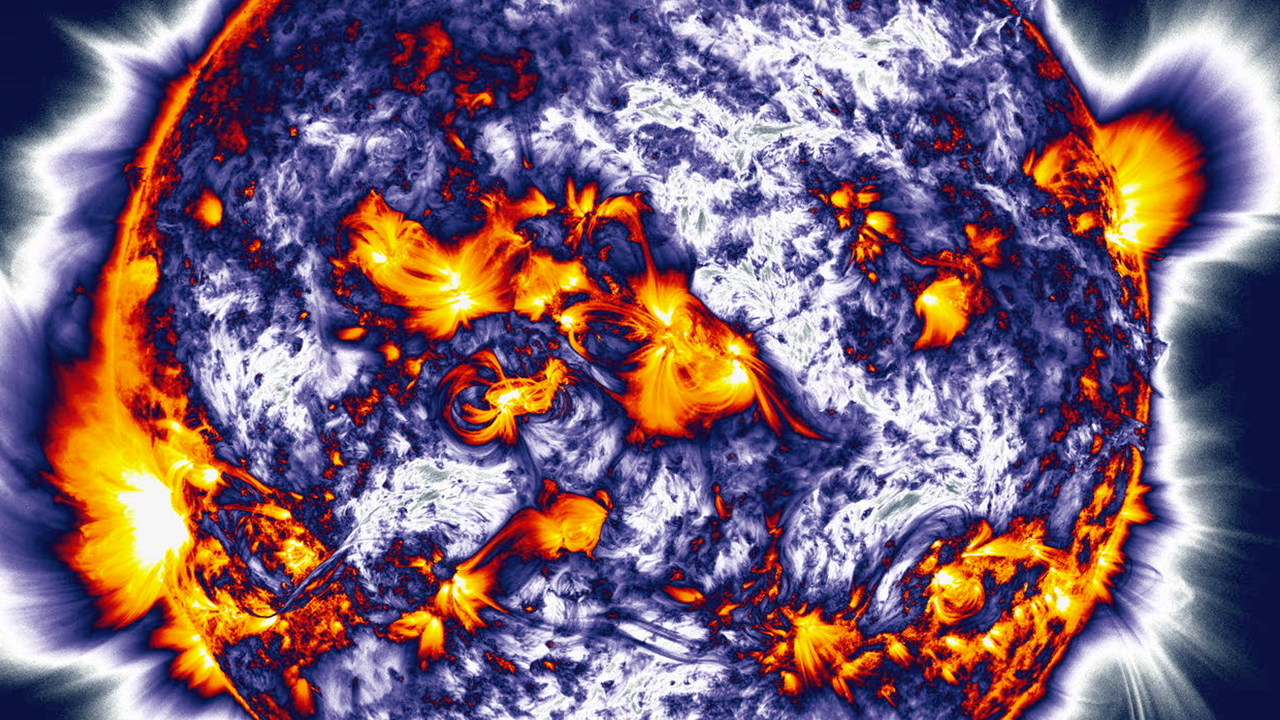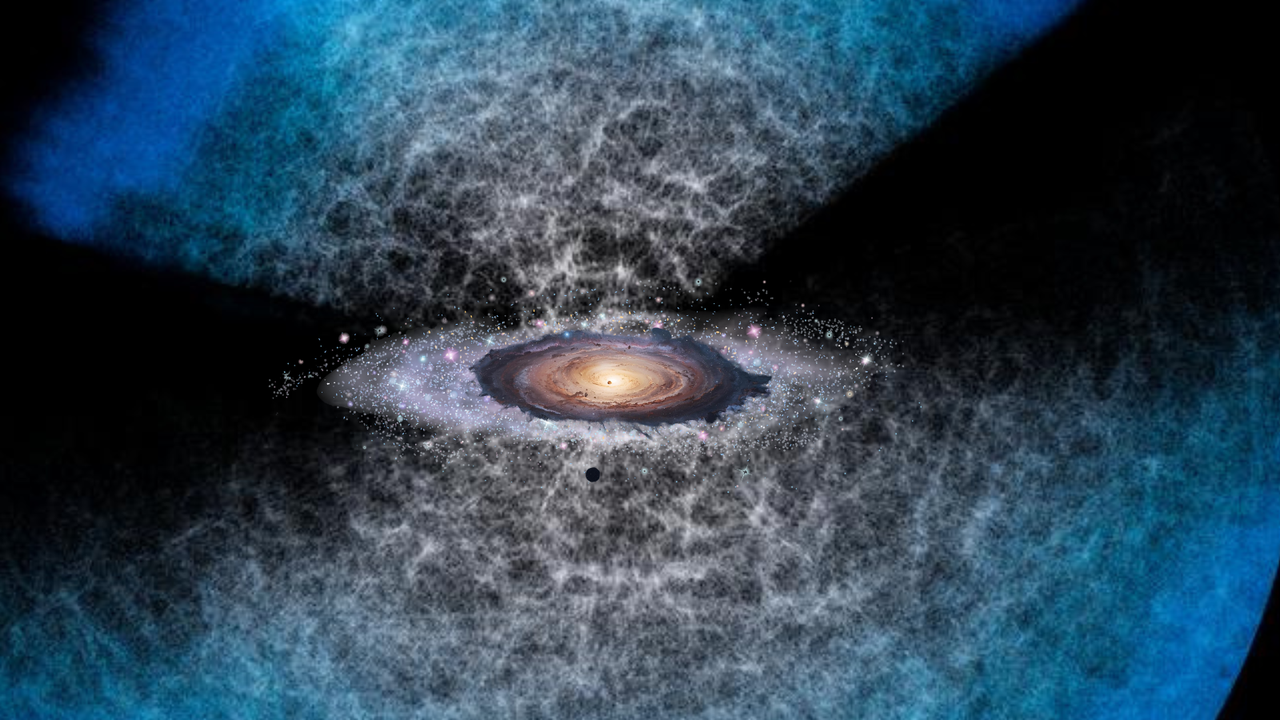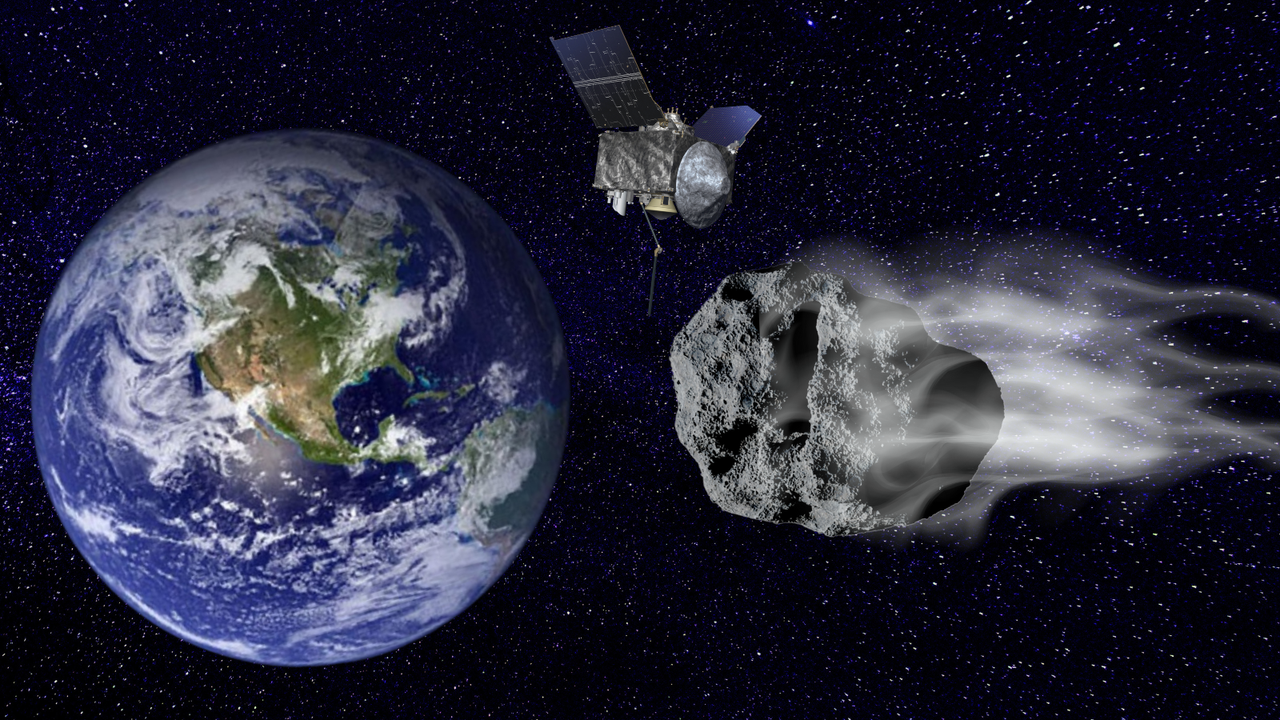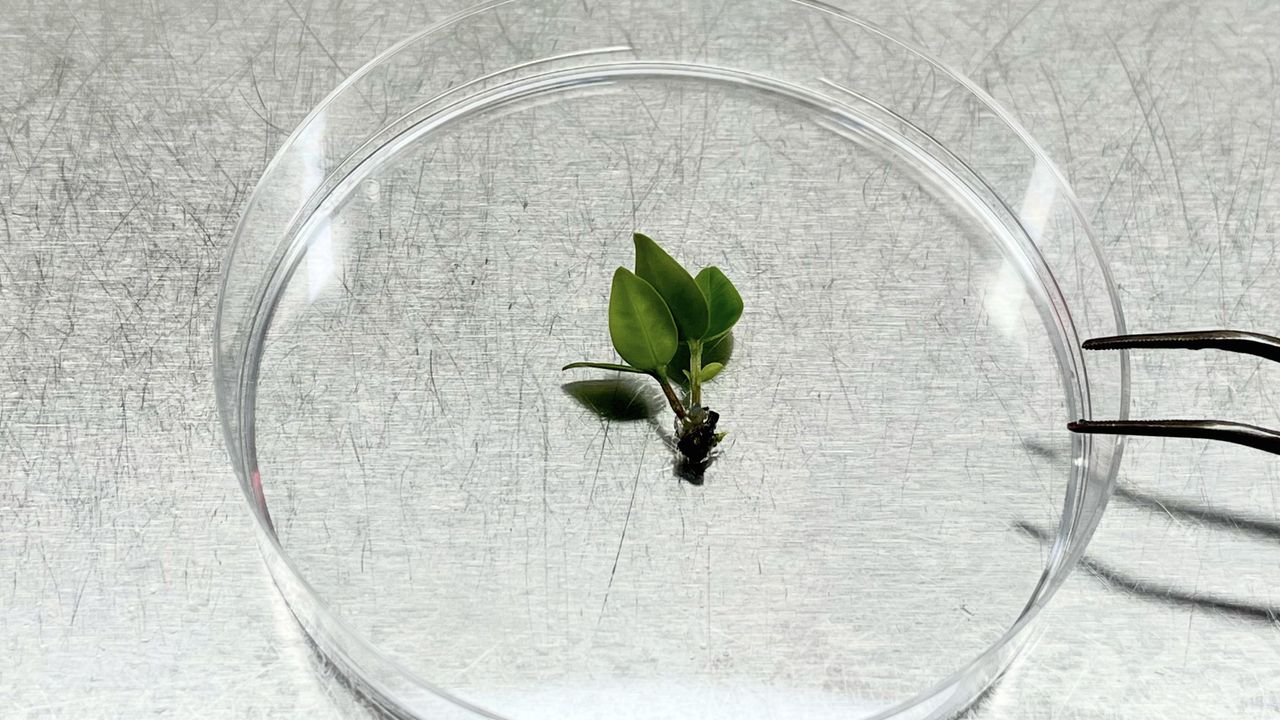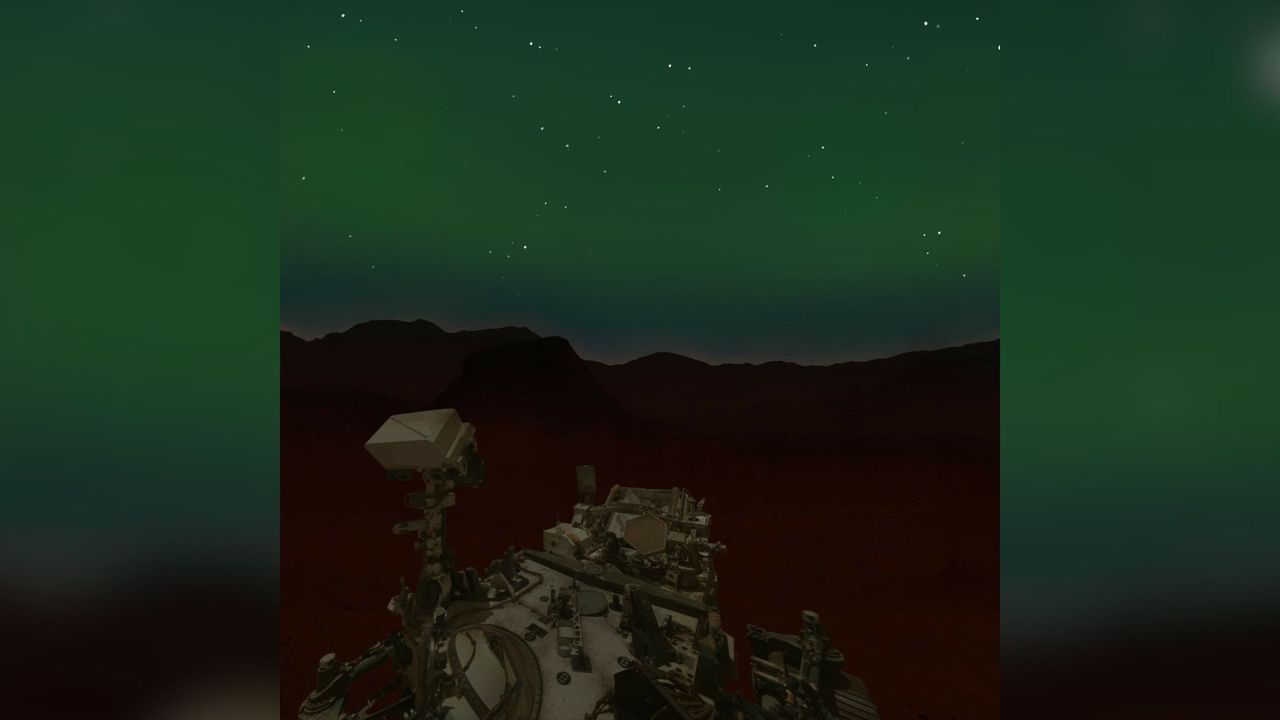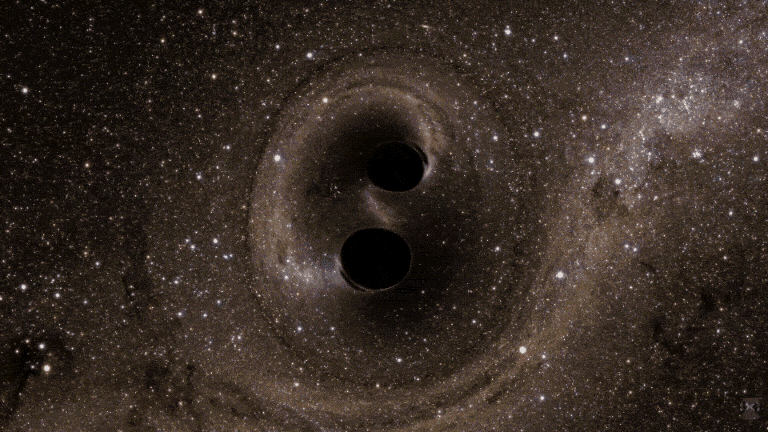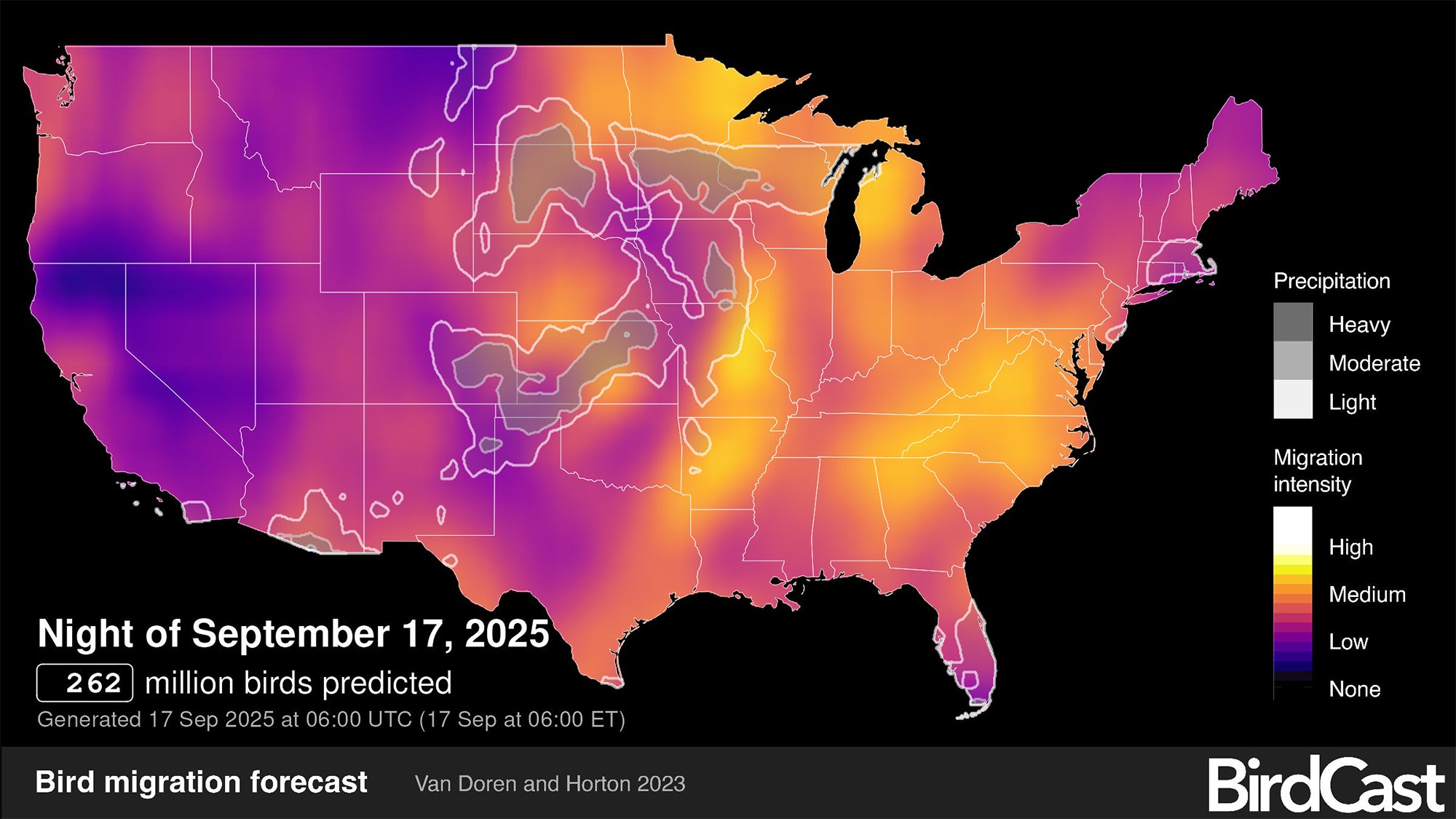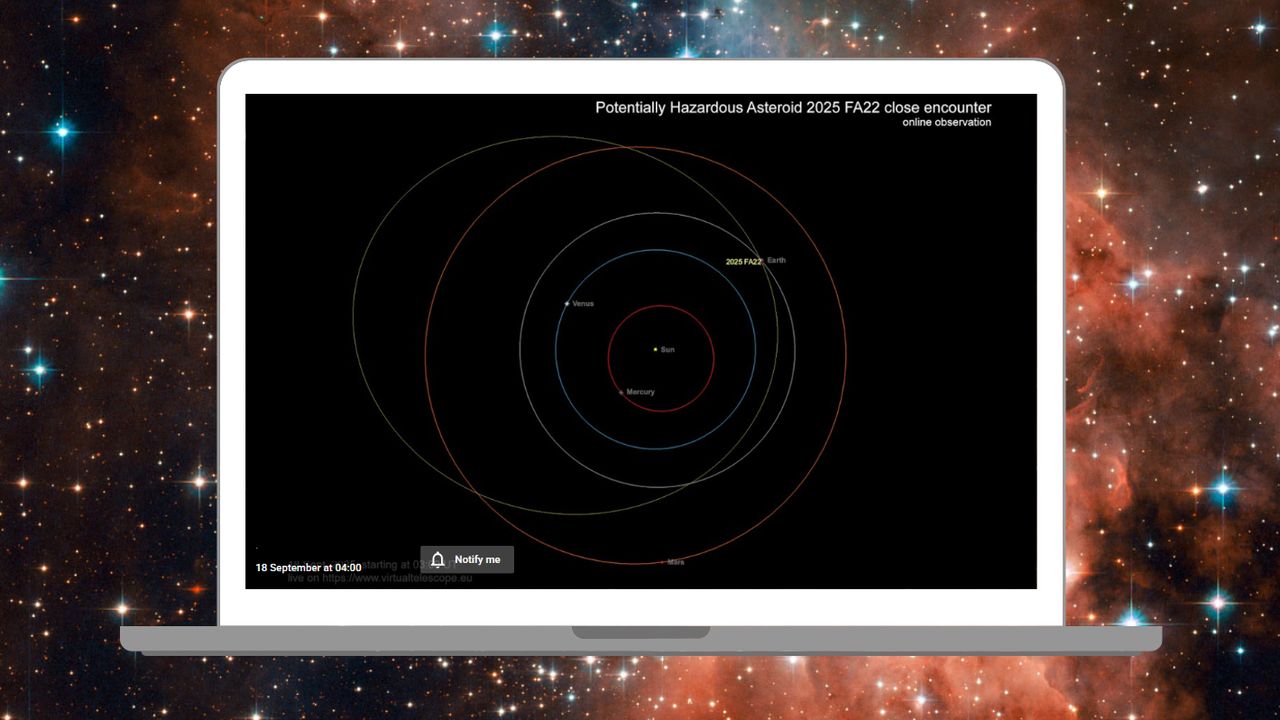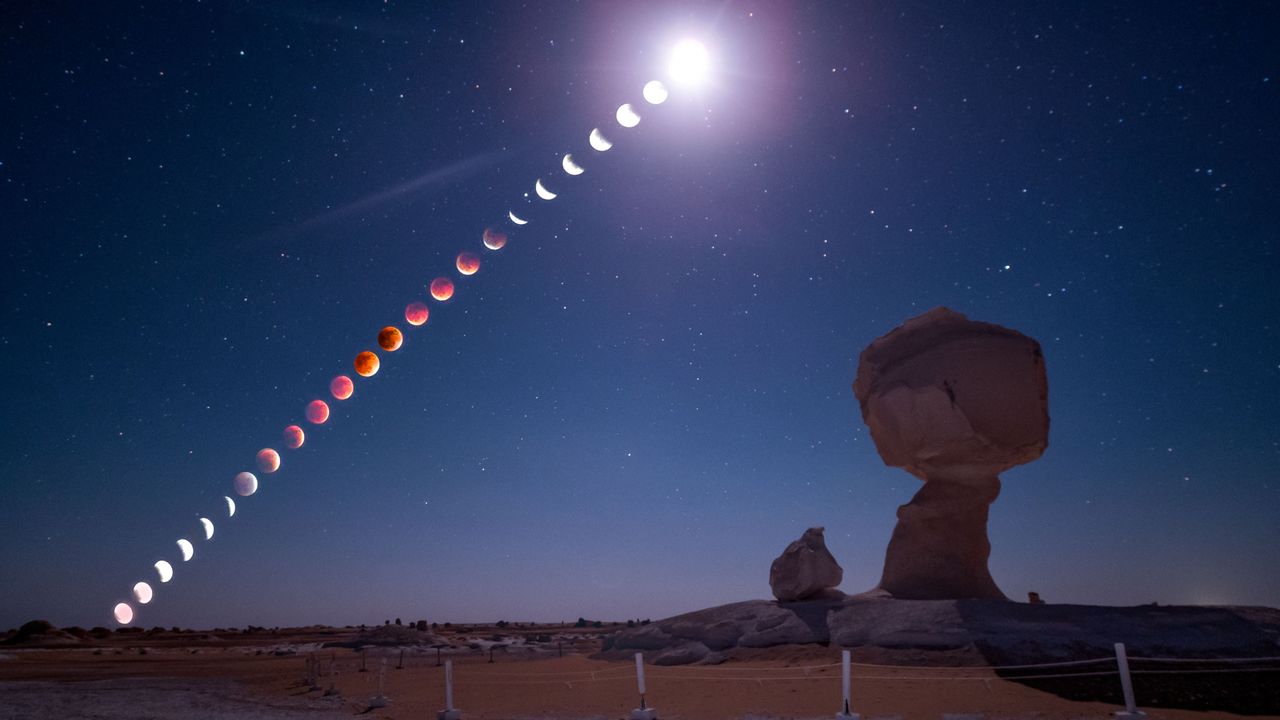'The sun is slowly waking up': Scientists say a rise in solar storms awaits us
PositiveScience
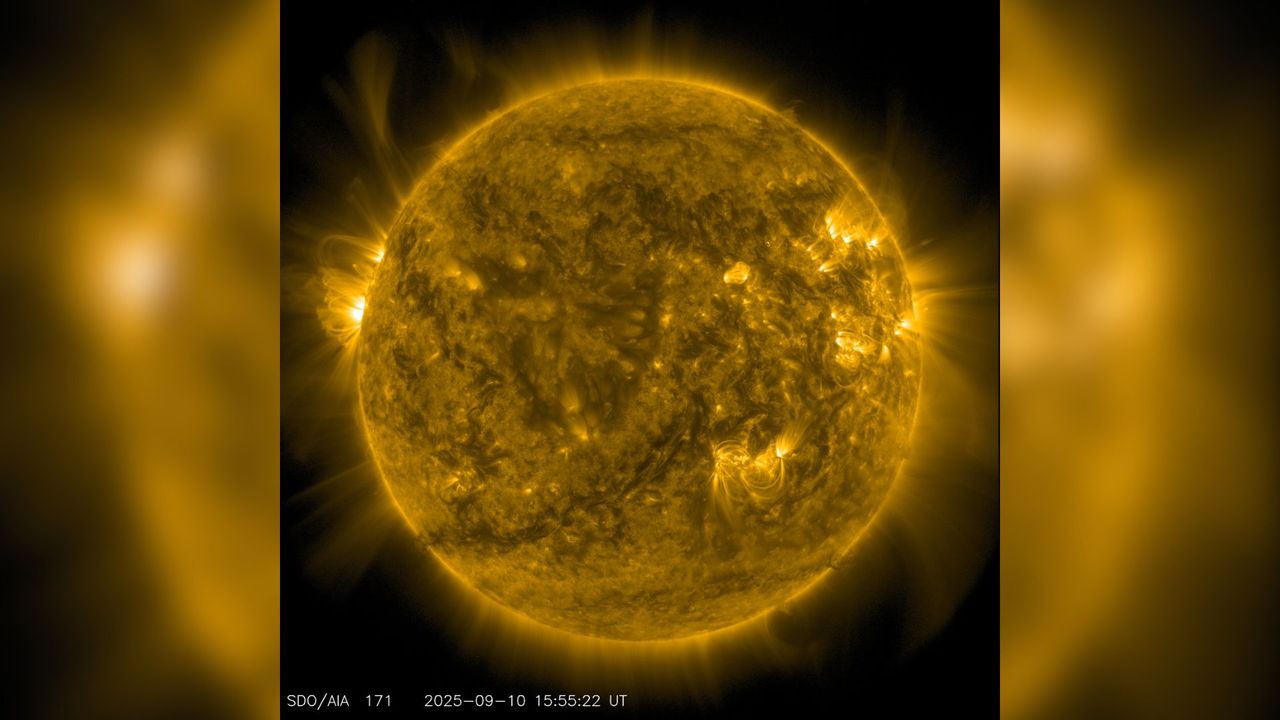
Scientists are excited about the upcoming rise in solar storms, marking a significant shift in solar activity since 2008, which recorded the lowest levels. This increase in solar storms is important as it can impact satellite communications and power grids, making it crucial for us to prepare for these changes in our environment.
— Curated by the World Pulse Now AI Editorial System

